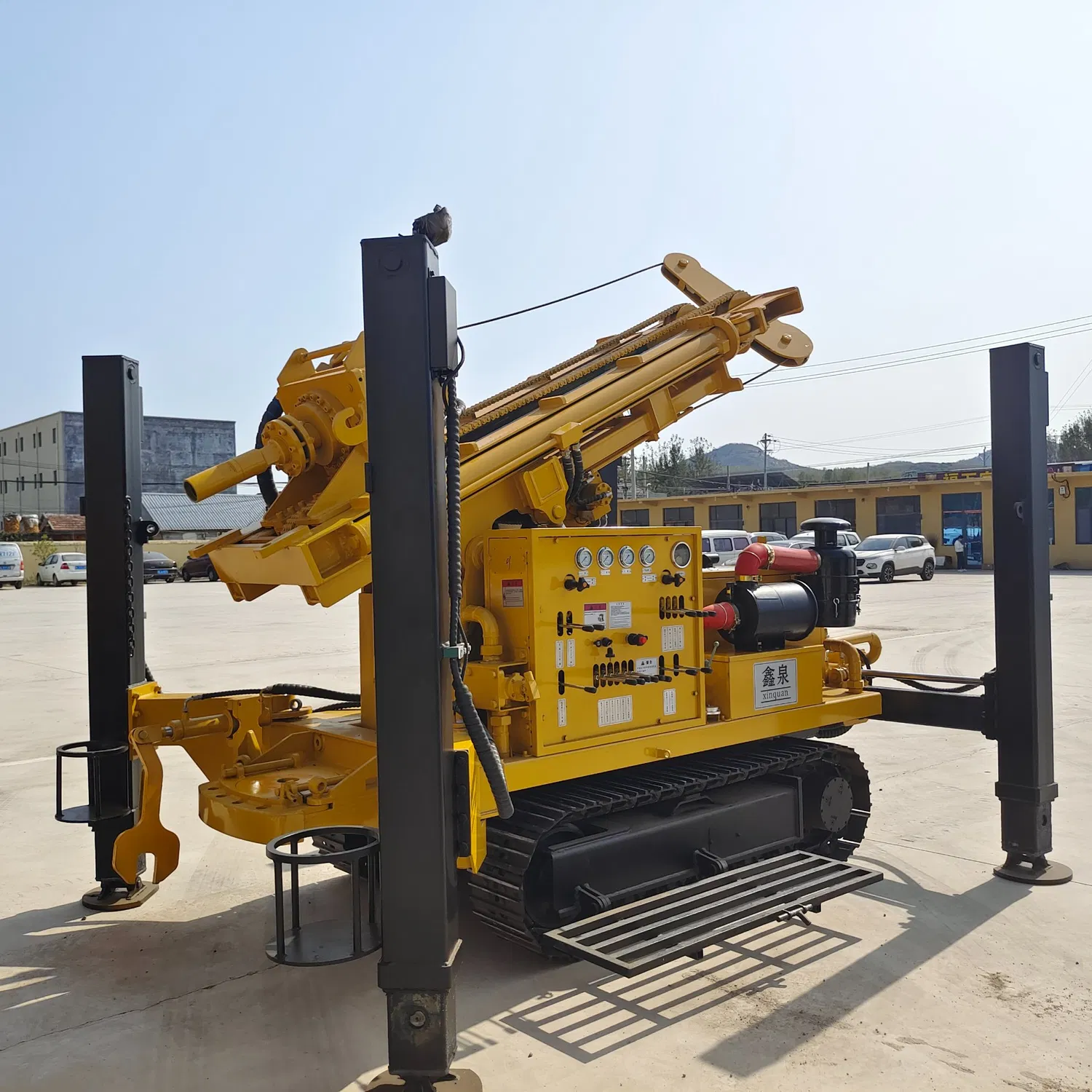Impact of hydraulic systems on water well drilling rig efficiency
Drilling efficiency depends on many factors, with hydraulic system performance being key. water well drilling rig.Its pressure, flow and response affect speed and continuity.
-
Pressure-torque matching: Motor torque, linked to system pressure, drives the drill. Higher pressure boosts torque in hard rock—15MPa to 25MPa raises torque over 60%, speeding drilling. Lower pressure saves energy in soft soil. Optimizing pressure in granite increased daily depth from 80m to 120m.
-
Flow and speed control: Flow determines component speed—feed rate, drill rotation. Adjust flow for strata: slow in gravel to protect bits, speed up in clay to avoid clogging. Faster response means better adaptability. Proportional valves adjust flow in 0.5 seconds for complex layers.
-
Stability and continuity: Stable systems cut downtime. Pressure fluctuations or jams disrupt drilling. A worn pump caused hourly checks, limiting daily work to <6 hours. A new pump extended it to over 10 hours, lifting efficiency by 60%.

Matching hydraulic parameters to geology maximizes rig performance, shortens well time and cuts costs.water well drilling rig
 Bohrinsel Bangxin
Bohrinsel Bangxin